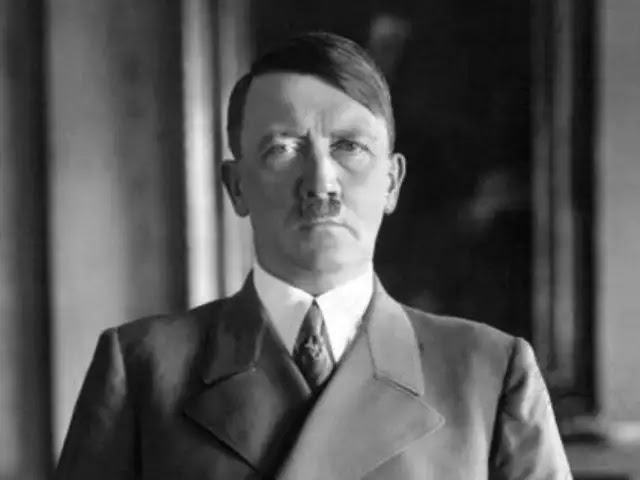Adolf Hitler's rise to power in Germany in the early 1930s was a turning point in world history. Hitler and his Nazi party used propaganda, intimidation, and violence to seize control of the government and establish a totalitarian dictatorship. In this article, we will examine ten key facts about Hitler's rise to power, from his appointment as Chancellor to the outbreak of World War II.
10 Facts About Hitler's Rise to Power: From Propaganda to Dictatorship and the Outbreak of World War II
- Adolf Hitler was appointed Chancellor of Germany on January 30, 1933, after the Nazi party won a significant number of seats in the Reichstag in the 1932 elections.
- Hitler's rise to power was aided by the Great Depression, which led to widespread economic hardship in Germany and increased support for extremist political parties.
- The Nazi party used propaganda extensively to promote their ideology and demonize their political opponents, including communists, Jews, and other minorities.
- The Reichstag fire in February 1933 was used as a pretext to pass the Enabling Act, which gave Hitler dictatorial powers and effectively ended democracy in Germany.
- Hitler targeted trade unions and other organizations that opposed the Nazi party, leading to widespread repression and violence.
- The Night of the Long Knives in June 1934 saw Hitler order the murder of several prominent members of the Nazi party, as well as other political opponents.
- Hitler used the 1936 Berlin Olympics as a platform to promote his vision of Aryan supremacy and showcase Nazi Germany to the world.
- The Anschluss, or annexation of Austria, in 1938 was achieved through intimidation and coercion rather than military force.
- The Munich Agreement of 1938 allowed Hitler to annex the Sudetenland region of Czechoslovakia, setting the stage for further expansionism.
- Hitler's aggressive foreign policy eventually led to the outbreak of World War II in 1939.
Hitler's rise to power serves as a chilling reminder of the dangers of extremism, propaganda, and the erosion of democratic institutions. By examining the ten facts outlined in this article, we gain insight into the tactics and strategies used by Hitler and his supporters to seize power and impose their will on an entire nation. The lessons of this period are still relevant today, as we continue to grapple with the consequences of authoritarianism and the importance of safeguarding our democratic values.






![[100+] गौरैया के बारे में रोचक तथ्य - Facts About Sparrow in Hindi](https://blogger.googleusercontent.com/img/b/R29vZ2xl/AVvXsEjAMPNSpkqO8-9akUiPokDXHagmsQFwp-aZl-19OFI6ZL3MLknwTd6PUp3aQy9z_kWHrPvtY1aKkGV8ybbyuIuobUEPhEq-ctYtgNg56vOT3Uui-kbyp476SdBCUQ3KRj0TpAxc4H84_K79/w100/ezgif.com-gif-maker+%25281%2529.webp)







0 Comments